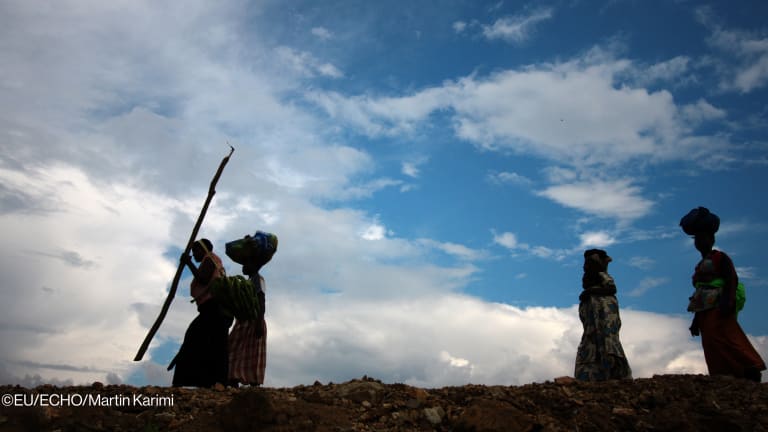
Although the developing world has made great strides in improving access to education, many countries continue to struggle with boosting literacy and numeracy rates. The problem: Many children — a quarter to be exact — leave school before reaching the last grade of primary education, deemed necessary to acquire basic reading, writing and math skills.
Many drop-outs are a result of poverty, gender and the place of residence, according to the United Nations. But another reason could be the learning environment: In many schools, children are subjected to harassment and violence.
In Uganda, a local nonprofit has developed a concept designed to create a violence-free learning environment so that students not only develop skills but also their confidence. The so-called Good School toolkit has won Raising Voices a grant of 2 million pounds ($3.28 million in current rates) from the Girls’ Education Challenge innovation window of the U.K. Department for International Development.
The toolkit is an offshoot of a study that looked at ways to prevent violence in Ugandan schools as well as the factors that make a “good school.” Developed with the help of local educational institutions and in collaboration with Save the Children, It comes in three packages and has six steps of “ideas that teachers, children and parents can take on to imagine, learn about and create schools that are safe for children and promote learning outcomes,” Aggrey Mukuwa, who trains teachers across the country on the methodology, told Devex.
The methodology, in particular, urges teachers to use positive discipline methods, instead of the traditional corporal punishment to address a student’s poor behavior. This includes working with a troubled student to write a behavior contract, a one-page document that indicates the behavior a particular student agrees to work on, the steps both the student and teacher will take to ensure that behavior is addressed, as well as specific rewards and consequences depending on the outcome.
Students likewise can enforce positive discipline on their peers. The toolkit recommends establishing a student court, which is a body of trained group of students who handle cases of poor behavior referred to them by teachers and work with the troubled student to determine a solution. The court, according to Raising Voices, is designed to handle cases in no more than 10 minutes.
“[The court] should never abuse its power or become something that students fear,” the nonprofit says in its toolkit brochure.
The methodology, Raising Voices asserts, is cost-effective as it doesn’t require any dedicated funding; it only involves ideas, activities, commitment and perseverance.
To date, some 500 schools in Uganda have adopted the Good School method. Using the DfID grant, Raising Voices hopes to roll it out in more than 800 schools by February 2016.
It’s been received well by the government as well. The handbook on positive discipline is now a national recommendation for all schools in Uganda. Raising Voices is also partnering with the education ministry to carry out a randomized control study in the Lowero district to evaluate the impact of the toolkit in preventing violence against children and improving learning outcomes, Yvonne Laruni, program officer for the Good School program, told Devex.
What do you think about this innovation? Let us know by leaving a comment below, and read our previous #innov8aid.








